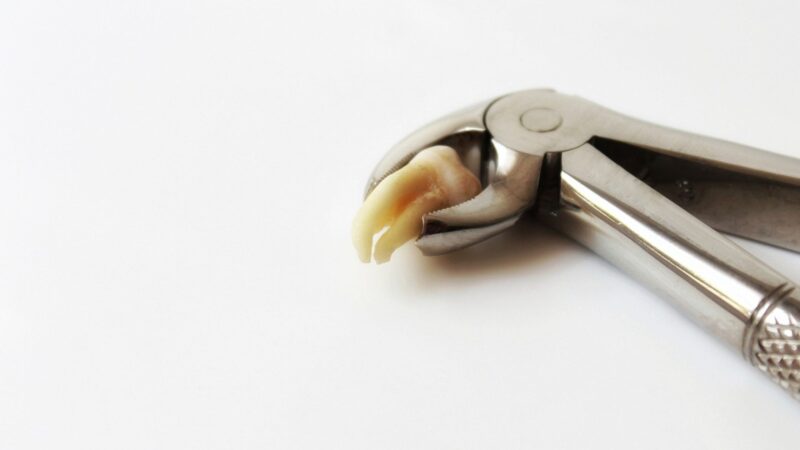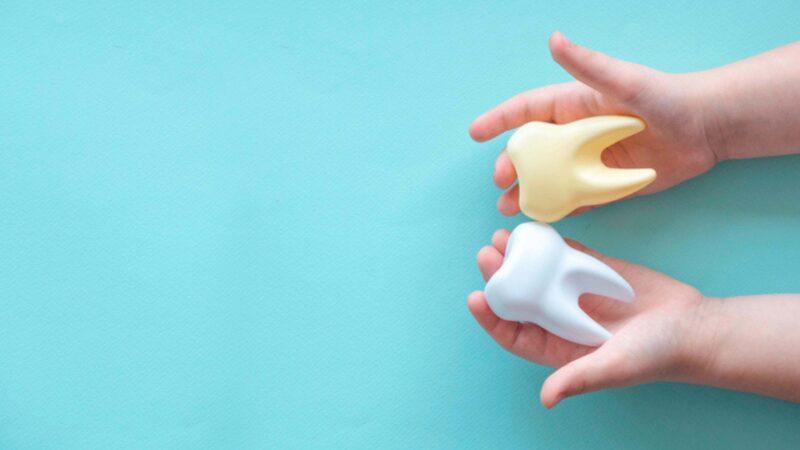Daily Dental Care Advice
Taking care of your teeth should be a part of your daily routine. After all, a healthy smile can boost your confidence and overall well-being. Learn about the importance of daily dental care, the role of dentists in dental care, daily dental care routines, common dental problems, and when to visit the dentist.
The Importance of Dental Care
Dental care is essential for maintaining good oral health. A healthy mouth not only prevents bad breath and tooth decay but also reduces the risk of serious health conditions such as heart disease and diabetes. By practicing good dental hygiene, you can prevent the buildup of plaque, which can lead to gum disease and tooth decay. Brushing, flossing, and using mouthwash regularly can help remove bacteria and food particles from your mouth, reducing the risk of cavities and gum disease.
Daily Dental Care Routine
A daily dental care routine should include brushing, flossing, and using mouthwash. See how to do each properly for a solid dental care routine.
Brushing Techniques & Tips
When brushing your teeth, it is important to use the proper technique to ensure that all surfaces are cleaned effectively. Start by placing the toothbrush at a 45-degree angle to the gums and use circular motions to clean the front and back surfaces of the teeth. Be sure to brush the teeth and tongue chewing surfaces to remove bacteria and freshen your breath. Brushing should be done twice daily, using fluoride toothpaste and a soft-bristled toothbrush and be gentle to avoid damaging your teeth and gums. Replacing your toothbrush every three to four months or sooner if the bristles become frayed is also important. It will ensure that your toothbrush is clean and effective.
Flossing Techniques & Tips
Flossing is important in daily dental care as it removes food particles and plaque from hard-to-reach areas between teeth. To floss effectively:
- Wrap a piece of floss around your index fingers.
- Gently slide the floss between the teeth and along the gum line, using a back-and-forth motion.
- Use a clean section of floss for each tooth to avoid transferring bacteria. If you find floss difficult, you can use a floss holder or interdental brush to make the process easier.
Flossing should be done at least once a day!
Benefits of Mouthwash
Mouthwash can be used as an additional step in your daily dental care routine to kill bacteria and freshen your breath. It can also help prevent cavities and gum disease by reducing the amount of plaque in your mouth. Different types of mouthwash are available, including antibacterial, fluoride, and whitening. Your dentist can recommend the best kind of mouthwash for your needs. The best time to use mouthwash in your dental care routine is to do so after brushing and flossing.
Common Dental Problems & How to Prevent Them
Some common dental problems include cavities, gum disease, and bad breath. These problems can be prevented by practicing good dental hygiene, such as brushing, flossing, and using mouthwash regularly.
Cavities can be prevented by reducing the amount of sugary and acidic foods and drinks in your diet. Gum disease can be prevented by flossing regularly and using a mouthwash that kills bacteria. Bad breath can be prevented by brushing your teeth and tongue regularly and using mouthwash. If you experience persistent bad breath, it may indicate an underlying dental problem, and you should visit your dentist.
The Role of Dentists in Dental Care
Dentists play a crucial role in maintaining good dental health. They are trained professionals who can diagnose and treat dental problems. Regular visits to the dentist can help detect dental problems early, preventing them from becoming more serious. Dentists can also provide advice and guidance on proper dental care techniques and recommend appropriate products such as toothpaste and mouthwash. If you have any concerns about your dental health, your dentist can answer your questions and provide the necessary information and treatment.
When to Visit the Dentist
Regular visits to the dentist are important for maintaining good dental health. It would be best to visit your dentist at least once every six months for a checkup and cleaning.
You should also visit your dentist if you experience dental problems such as toothache, bleeding gums, or persistent bad breath. Your dentist can diagnose and treat these problems, preventing them from becoming more serious. All dentists can tell you daily dental care is essential for maintaining good oral health. Practicing good dental hygiene can prevent dental problems such as cavities, gum disease, and bad breath. Regular visits to the dentist are also important for detecting and treating dental problems. Remember to brush, floss, and use mouthwash regularly, and replace your toothbrush every three to four months. By following these simple tips, you can maintain a healthy smile and improve your overall well-being.

Deepa Mahar is an independent blogger and admin of DeepAdvices who is exploring the beauty of the blog writing from a variety of subjects and books to health, science and others. She believes the blog would be helpful to the reader in the context of knowledge. She is post-graduated with a degree of Biotechnology.





